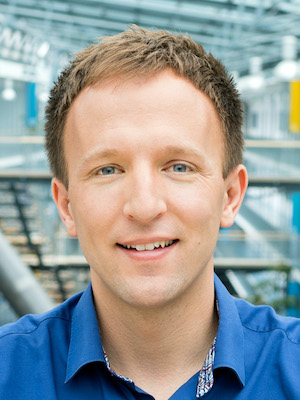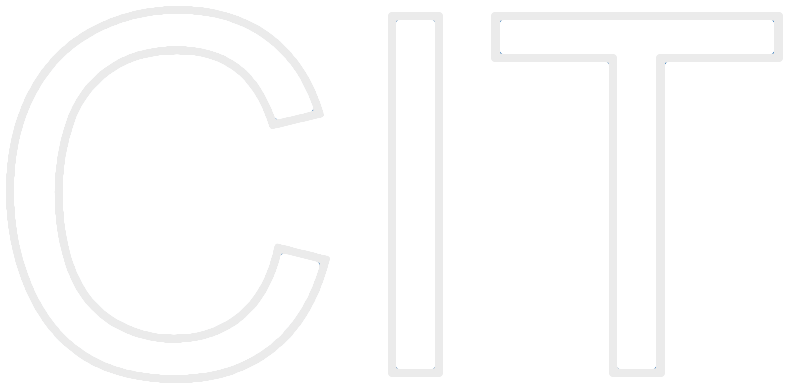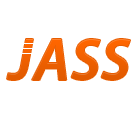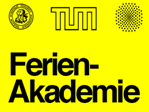Software Engineering Essentials (SEECx) - Summer 2018
Course Information:
- Important: This course is intended for incoming master students who have to take a software engineering "bridge course" (Brückenkurs)
- Language: English
- Type: Online Course
- Module: IN1504
- ECTS Credits: 5
- Time and Location: The online course is a self-paced course that starts on April 24, 2018
- TUM students take a final assessment at the end of the semester on site at TUM
- Register and participate in the online course on https://www.edx.org/course/software-engineering-essentials
Important Information
- Active participation is helpful.
- TUM students pass the course if they earn at least 60% of the total exercise points.
- TUM students can earn exercises points by successfully completing:
- Homework (46%)
- Project Work (23%)
- Final Assessment (31%)
- The final assessment will be computer based at TUM on site at the end of the semester, more details will be announced in the course.
Additional Information
Worldwide learners
- Learners from all over the world participate in
- Interactive exercises
- A final assessment
- They can start the final assessment online independently and then have 2 hours to answer all questions.
- If they pass the course, they receive an online certificate from edX, but no ECTS from TUM.
- Participation in the project work is voluntary, will not be assessed and is therefore not necessary for passing the course.
TUM students
- TUM students who need a grade in TUMOnline participate in
- Interactive exercises
- Project work
- A final assessment (under supervision at the end of the semester)
- TUM students take the course as a bridge course (incoming master students) or might be able to use the ECTS otherwise (please talk to your study advisor if this is possible)
- Important: They must complete the final assessment at the end of the semester under supervision (i.e. they cannot do it alone or at any other time)
- The project work is assessed and taken into account for grading.
Content
- Project Organization and Communication
- Agile Methods and Prototyping
- Software Configuration Management
- Distributed Version Control
- Object-Oriented Programming
- UML Modeling
- Requirements Elicitation and Analysis
- System Design and Architectural Patterns
- Object Design and Design Patterns
- Testing and Testing Patterns
- Continuous Integration and Continuous Delivery
Desired outcome
Participants learn and apply the essentials of applied software engineering including UML, patterns and project management techniques that are used when complex software systems are developed.
Literature
Bernd Bruegge, Allen H. Dutoit Object-Oriented Software Engineering: Using UML, Patterns and Java, 3rd Edition Publisher: Prentice Hall. 2009
Lecturer
 |
Dr. Stephan Krusche |
 |
Andreas Seitz |
 |
Prof. Bernd Brügge, Ph.D. |








